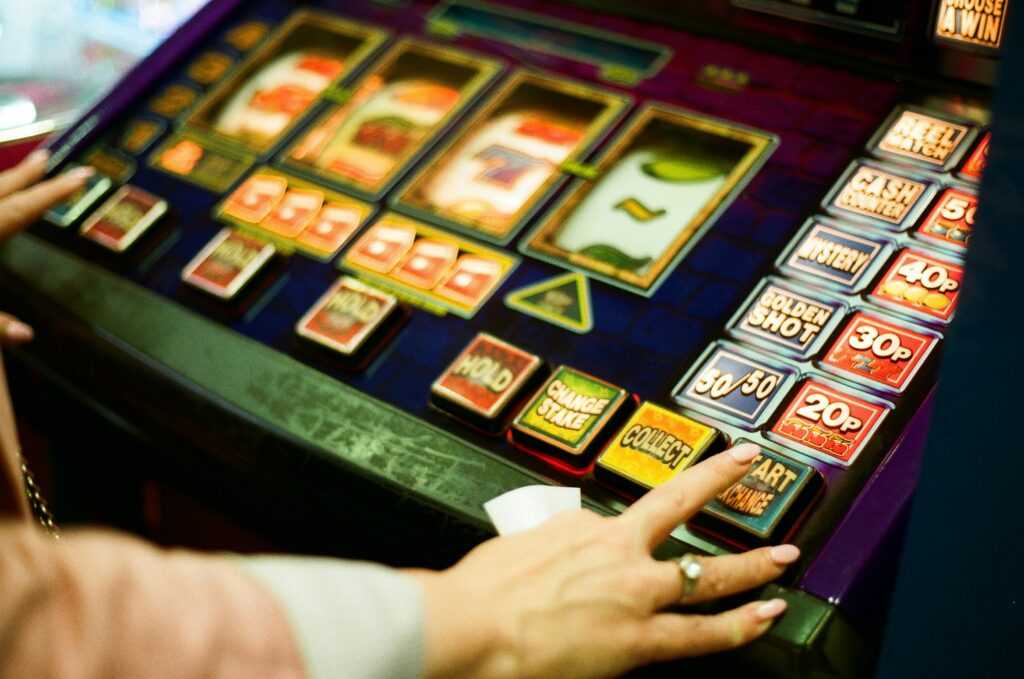What Is 2072925030?
Let’s get basic. 207 is an area code tied to the state of Maine, covering most of its regions. A phone number like 2072925030 likely originates from this area code, which is only used within Maine. That doesn’t guarantee it’s a local call, though. Some thirdparty services and scammers spoof legitimate area codes to gain trust. That’s where it gets tricky.
Even though it starts with 207, it doesn’t mean the person—or bot—behind the number is actually sitting in Portland or Bangor. Scammers have made a mess of caller ID. Just because it looks familiar doesn’t make it safe.
Common Contexts for Unexpected Calls
So, let’s break it down. If you received a call from 2072925030, it probably falls into one of these buckets:
Telemarketing: This is the most harmless—but also the most annoying. Someone’s trying to sell you insurance, credit monitoring, or some miracle product you’ll never use.
Scam Call: You answer, they talk fast, you think it’s urgent. Maybe it’s about a tax audit or frozen bank account. They want quick responses and private info.
Survey or Polling: Not always bad, but not always welcome. You may be asked to give opinions under the guise of “market research.”
Cold Outreach by a Business or Recruiter: Sometimes a legit company contacts people out of the blue. Still, it’s a reach, and it’s smart to verify.
Wrong Number: It’s possible someone dialed incorrectly. Happens less than it used to with smartphones, but still a thing.
Validation: Is 2072925030 Trustworthy?
Start with a simple Google search of the number. Look for usersubmitted reports or forum threads. Websites like WhoCallsMe or ScamNumbers.info might have entries from others who received calls from 2072925030.
If multiple people report hangups, robotic voices talking about “urgent action,” or highpressure language, that’s a red flag. Actual businesses don’t call you randomly with ultimatums.
Also, check if the number is linked to any legitimate organizations. Real companies registering outbound numbers often have a transparent online presence. If the number’s tied to a random LLC with no site or office info, be cautious.
What Should You Do If You Get a Call or Message?
If it calls again:
Don’t answer. Let it go to voicemail. Scammers usually don’t leave messages—or they leave generic ones. If it’s important, they’ll call back or send a real message.
Block the number. Your phone should let you do this easily. Android and iOS both have builtin tools.
Report it. You can notify the FTC (Federal Trade Commission) or your carrier. This helps reduce spam on a larger scale.
Reverse lookup it. Use a reverse phone lookup site. Some free tools let you pull basic info or crowdsource feedback from others.
Don’t Get Hooked
We’re all human. Scammers know what buttons to press. But once you know their patterns—urgency, ambiguity, toogoodtobetrue promises—you get better at shutting them down fast.
A few common tactics to be aware of:
“There’s something wrong with your account…” (Name never mentioned) “Act now or face consequences…” “You’ve won a prize, but we need some info…” False affiliation: pretending to be from your bank, a government office, or a wellknown service provider.
The number 2072925030 might be completely unimportant. Or it might be a con artist in disguise. Either way, treat unsolicited calls like unknown URLs—don’t click (or answer) unless you’re sure.
When Should You Call Back?
Short version: almost never.
If you’re wondering whether you should call 2072925030 back, wait. Check voicemail first. See if anyone you know mentioned it in advance. No message or no context? Skip it.
If the call looks connected to a service you actually use—like a bank, doctor’s office, or job recruiter—double check their main website or verified contact info. Don’t ever rely on what someone told you over the phone, especially a stranger.
The Smart Play: Control Your Exposure
Numbers like 2072925030 are a wakeup call—literally. If you’re getting lots of odd calls, take control:
Don’t give your number to sketchy websites or sweepstakes. Use two phone numbers: one for personal life, one for signups. Register your number on the National Do Not Call Registry (won’t stop all of them, but will reduce volume). Use easy filtering settings or thirdparty caller ID apps to block robo calls automatically.
Final Thoughts
Nobody likes phone spam. But the reality is, unless you’ve locked your data down tight or live off the grid, these calls will find you. The key is staying sharp. Know the signs, watch the caller behavior, and don’t engage when there’s doubt.
If you’ve been wondering about 2072925030, now you know what to look for. Stay cautious, stay ahead—and maybe don’t answer the next time your phone’s lighting up from a contact you don’t recognize.


 Trisha Toller – With a strong focus on responsible gambling, Trisha brings a balanced perspective to the blog. She provides practical advice on managing risk, setting limits, and ensuring that betting remains a fun and controlled activity. Trisha’s thoughtful approach helps readers find the right balance between the excitement of gambling and responsible play, offering strategies to enjoy betting without overextending themselves financially or emotionally.
Trisha Toller – With a strong focus on responsible gambling, Trisha brings a balanced perspective to the blog. She provides practical advice on managing risk, setting limits, and ensuring that betting remains a fun and controlled activity. Trisha’s thoughtful approach helps readers find the right balance between the excitement of gambling and responsible play, offering strategies to enjoy betting without overextending themselves financially or emotionally.

